GENIUS Act
The GENIUS Act of 2025 proposes a regulatory framework for payment stablecoins. It defines permitted issuers (insured depository institutions, their subsidiaries, and approved nonbank entities) and mandates 1:1 reserve backing with specific high-quality assets. The bill outlines federal and state regulatory oversight options, sets requirements for customer asset segregation, and grants stablecoin holders priority in insolvency proceedings. It also clarifies that regulated payment stablecoins are not considered securities or commodities under various acts. The bill designates issuers as financial institutions under the Bank Secrecy Act, requiring compliance with AML, KYC, and sanctions regulations to prevent illicit finance and safeguard national security. It also reinforces U.S. leadership in digital finance by supporting innovation and ensuring the dollar remains competitive in a rapidly evolving global financial landscape.
May 1, 2025
Analysis
This bill establishes a clear regulatory framework for payment stablecoins, which is a significant positive step for the crypto industry. By defining who can issue stablecoins (permitted payment stablecoin issuers) and setting specific, common-sense requirements for reserves (1:1 backing with high-quality liquid assets), the bill provides much-needed clarity and stability. This reduces regulatory uncertainty, encouraging innovation and investment in the stablecoin sector.
The bill explicitly states that payment stablecoins issued by permitted issuers are not securities or commodities, directly addressing a major point of contention and regulatory burden imposed by agencies like the SEC. Furthermore, it allows for both federal and state-level regulatory options, providing flexibility and potentially fostering competition among regulators. The provisions for customer asset segregation and priority in insolvency proceedings offer necessary protections without imposing overly burdensome requirements that stifle growth. Overall, this bill creates a predictable and supportive environment for stablecoins, which are viewed as a crucial component for the widespread adoption of crypto.
See how politicians voted
Sponsors

Senator
Co-Sponsors
Voted for

Congressperson

Congressperson

Congressperson
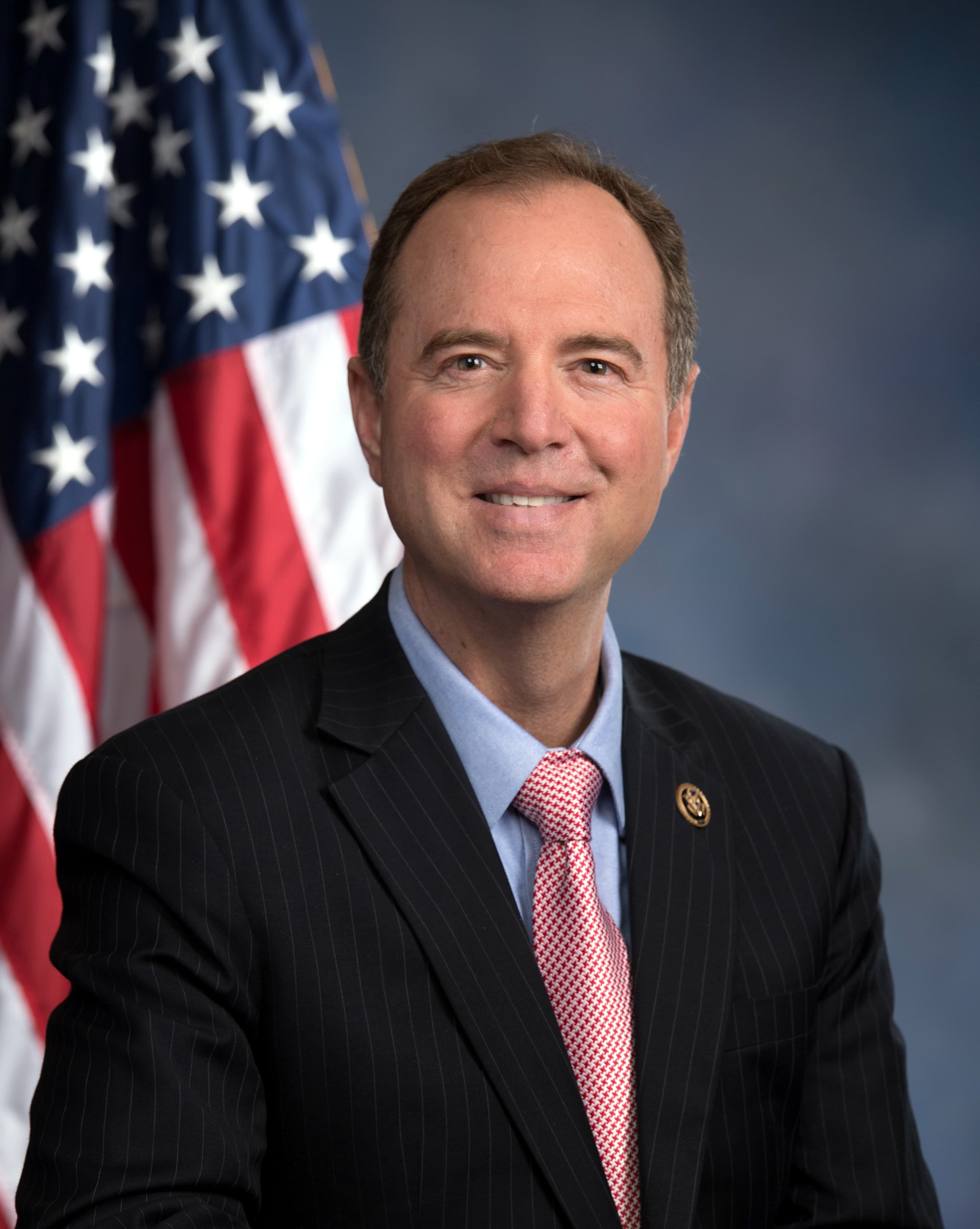
Senator

Senator

Senator

Congressperson
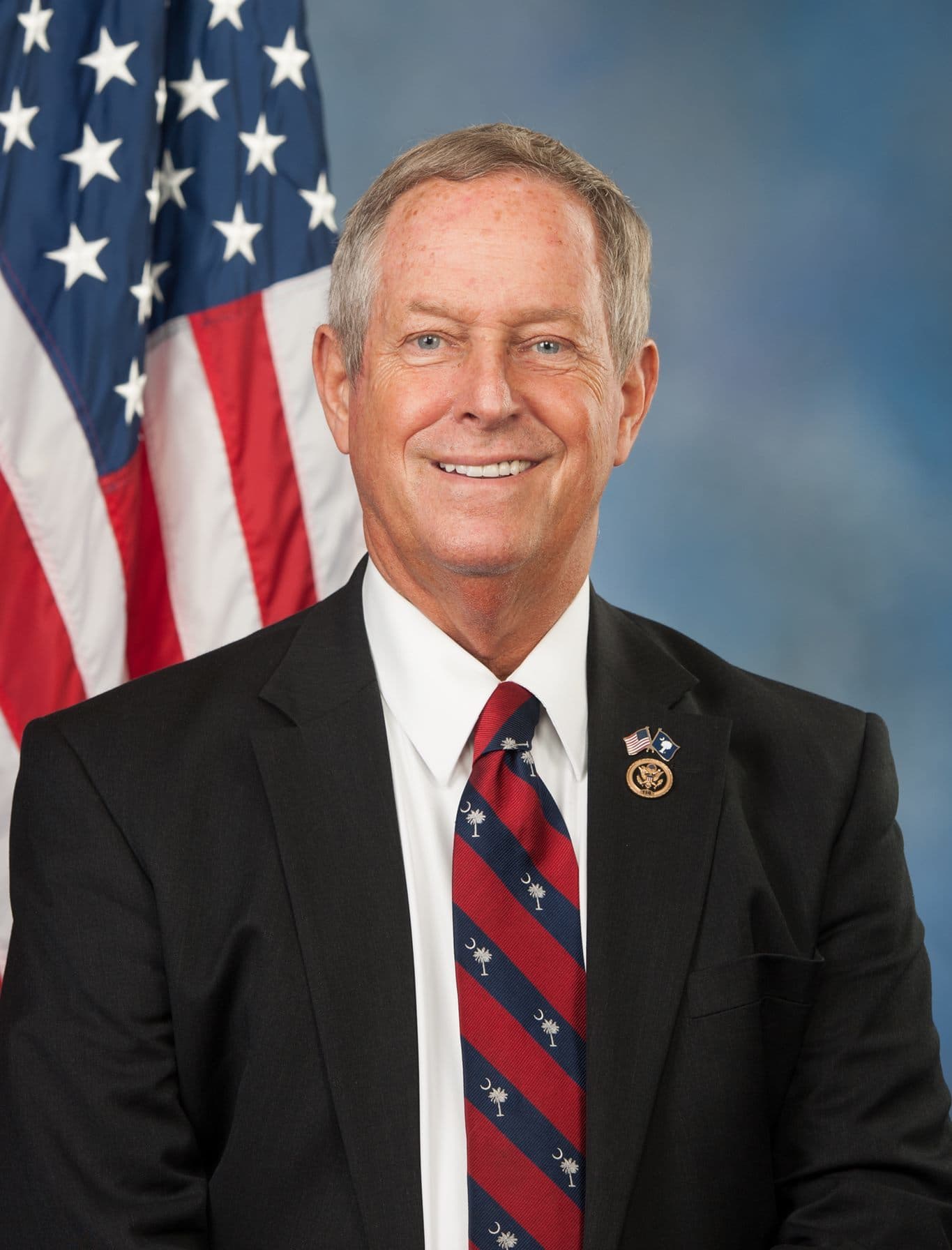
Congressperson

Congressperson
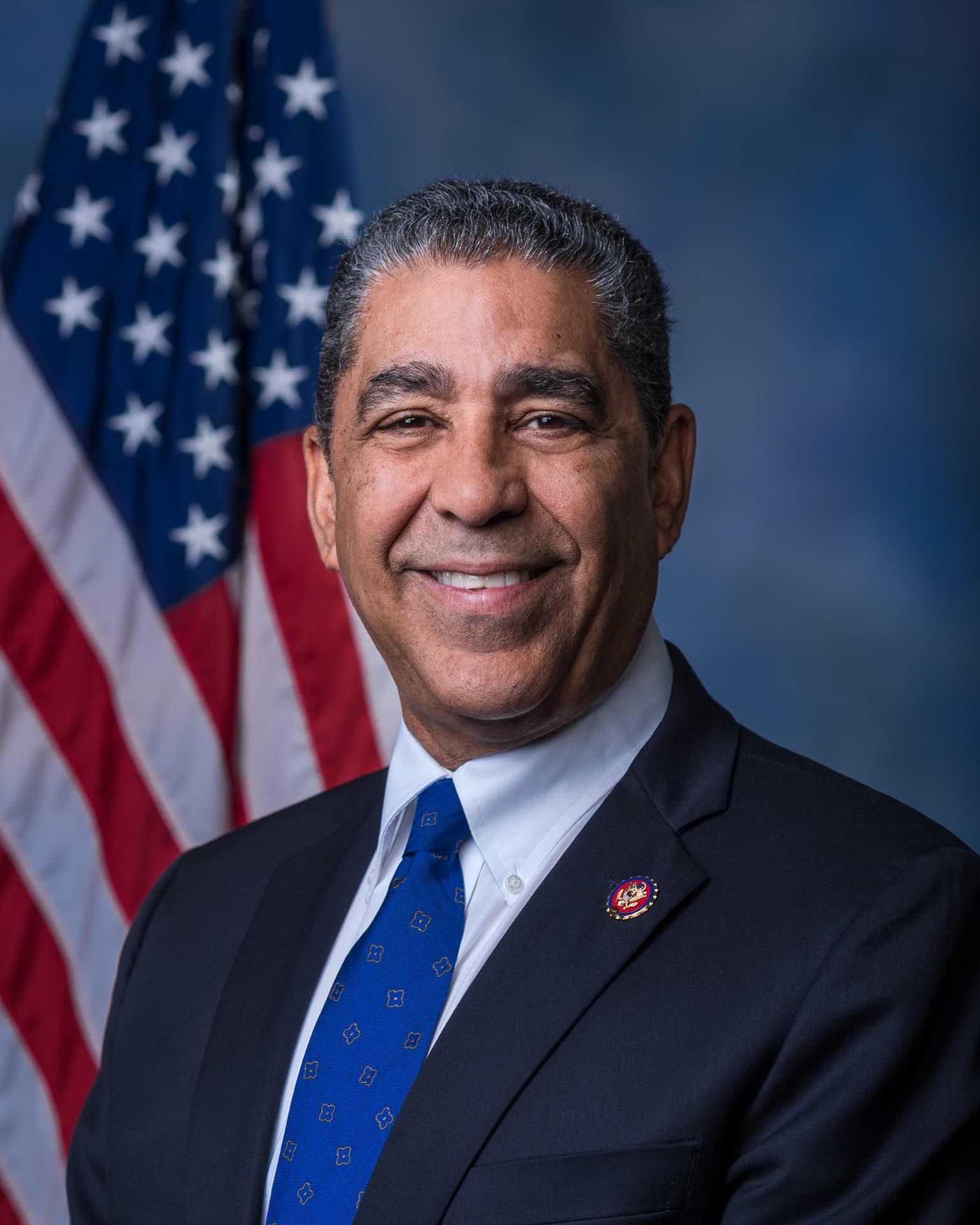
Congressperson
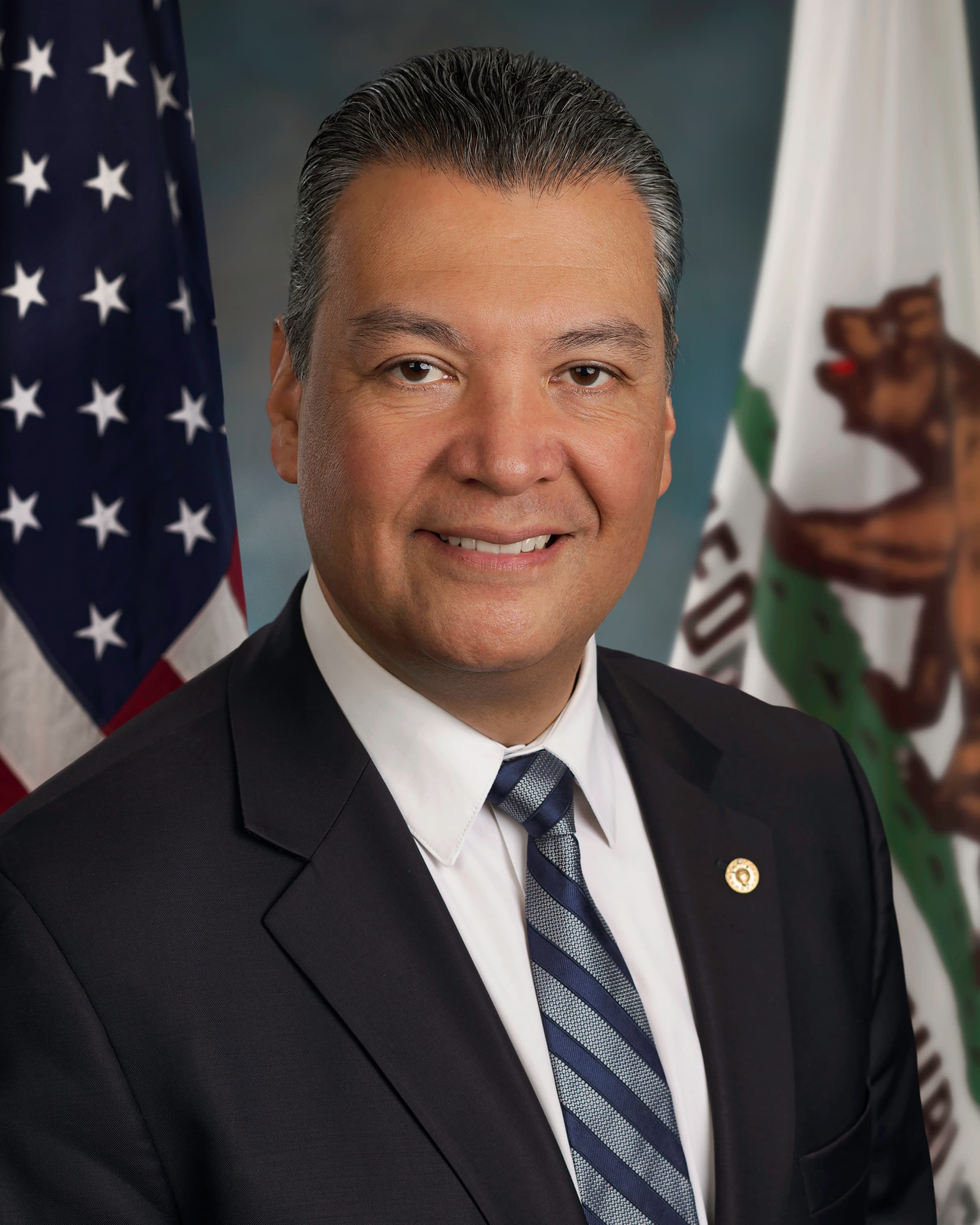
Senator

Senator

Congressperson
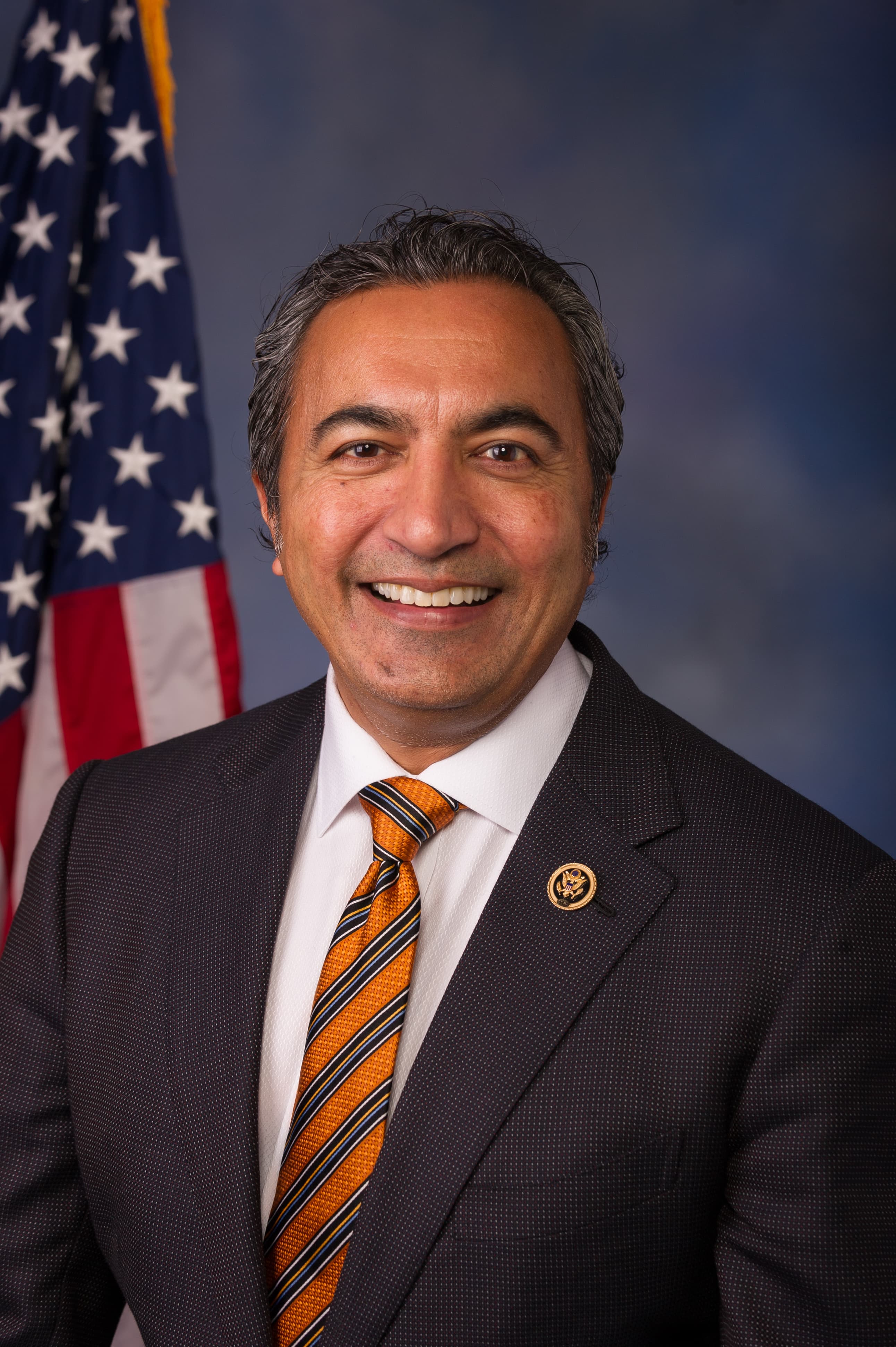
Congressperson
Voted against

Congressperson

Congressperson

Congressperson

Congressperson

Senator

Senator

Senator

Congressperson

Congressperson

Senator
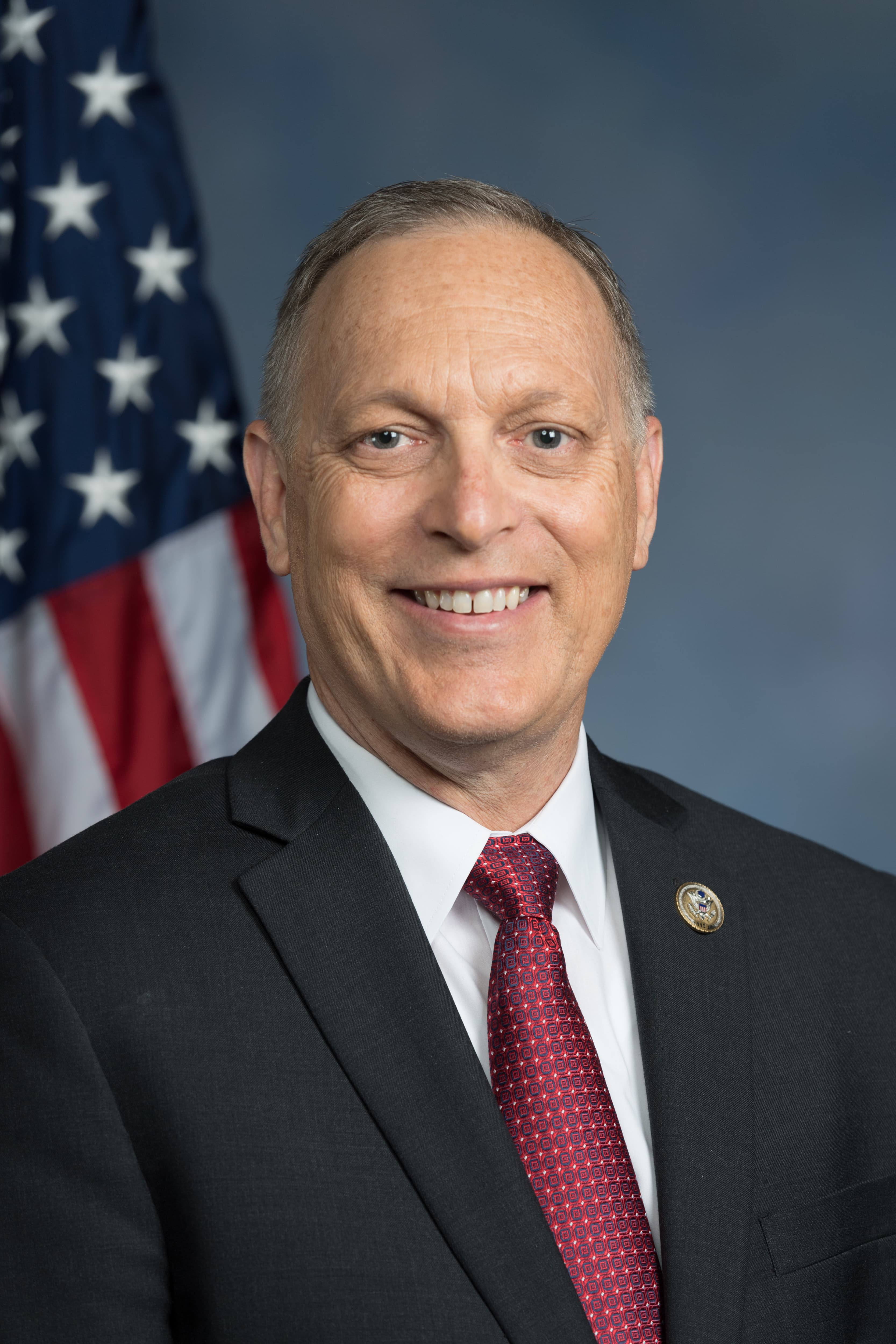
Congressperson

Congressperson

Senator

Senator


